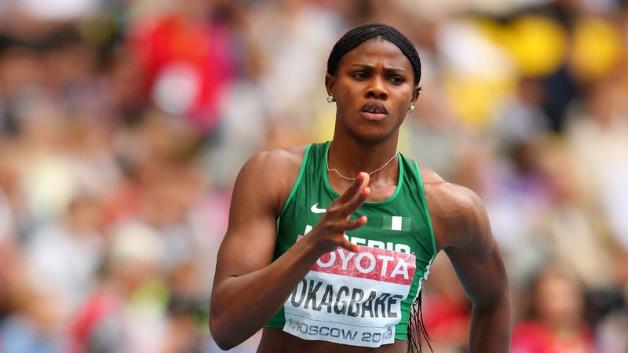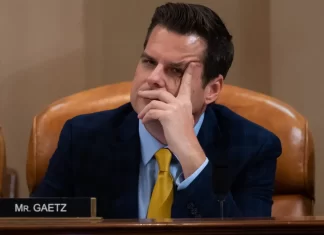By Uzor Odigbo
The Athletics Federation of Nigeria (AFN) has debunked as misleading a report in a national daily that Nigerian athletes risk missing out of next year’s Olympic Games in Tokyo, Japan because of the addition of Nigeria to the highest category (A) of nations having the highest doping risk to the sport.
Rule 15 of the World Athletics Anti-Doping Rules sets out the National Federations’ anti-doping obligations.
The purpose of the rule is to ensure that Member Federations have clear anti-doping obligations, play a greater part in ensuring a level playing field and elevate the overall standard of integrity in athletics.
Under the rules, National Federations are categorised annually by the Athletics Integrity Unit Board in three different categories — A, B and C — according to the level of doping risk to the sport. (Category A having the highest doping risk to the sport and Category C the lowest).
AFN President, Olamide George, said Sunday Adeleye, a former member of the board of the federation, who was erroneously addressed as the technical director of the AFN in the story, was only looking for relevance by rehasing an old story.
‘The addition of Nigeria to the A category was done in March this year and both the AFN and the Federal Ministry of Youth and Sports Development have made appreciable efforts to ensure compliance with the relevant anti-doping rules. I am shocked the newspaper failed in its duty of reporting all sides to the story.
Adeleye should have been asked what efforts did the AFN make while he was there as technical director,’said George, who revealed that the AFN did not have an anti-doping department and head until this year when the board met in January and named Professor Ken Anugweje as head of the committee.
“This is one of the basic requirements set out in Rule 15. The AFN (and not the Sports Ministry) is expected to appoint one person as primary contact for the Athletics Integrity Unit with authority over anti-doping matters.
“Rule 15 of the World Athletics Anti-Doping Rules is clearly about the obligations of member federations (the AFN in this case) and Adeleye should have ensured he understands the rules before coming out to raise false and unnecessary alarm,” George added and assurred that Nigerian athletes would be in Tokyo next year at the Olympics.
“I am glad the story has been able to reveal Adeleye’s lack of capacity when he served as the tecnical director of the AFN.If he understands World Athletics anti-doping rules, he would have known that the categorisation does not mean suspension of Nigeria as a nation but only of athletes who did not go through the necessary anti-doping procedures prior to the start of the Games in Tokyo.
“He would have also known that international elite athletes like Blessing Okagbare,Tobi Amusan, Ese Brume, Divine Oduduru and a few athletes who have qualified for the Games are in the international testing pool and get tested regularly while competing in the international circuit.In fact,the National Anti-Doping Committee (NADC) has confirmed that Brume, Amusan and majority of the foreign-based athletes have been tested several times this year,” said George, who expressed shock that Adeleye is blaming the Sports Ministry for his inefficiency and that of his boss when they were at the helm of affairs at the federation.
“One of the obligations expected to be fulfiled for example is that ”athletes selected in national team for the Olympic Games and World Athletics Series Events and Athletes’ support personnel under National Federation’s jurisdiction are subject to mandatory education programmes on main anti-doping issues.”














